Source: Synced
Hugging Face, as a representative of the open-source AI community, has summarized the top 15 most popular companies and organizations in the community. Let's take a look at which institutions are making the biggest contributions to open-source AI in the eyes of the community.
The top 15 AI companies on Hugging Face have been announced!
Currently in the lead is Stability AI.
The open-source hero Meta AI has secured the second place.
And the well-known Microsoft, Google, and OpenAI are ranked eighth, ninth, and tenth, respectively.
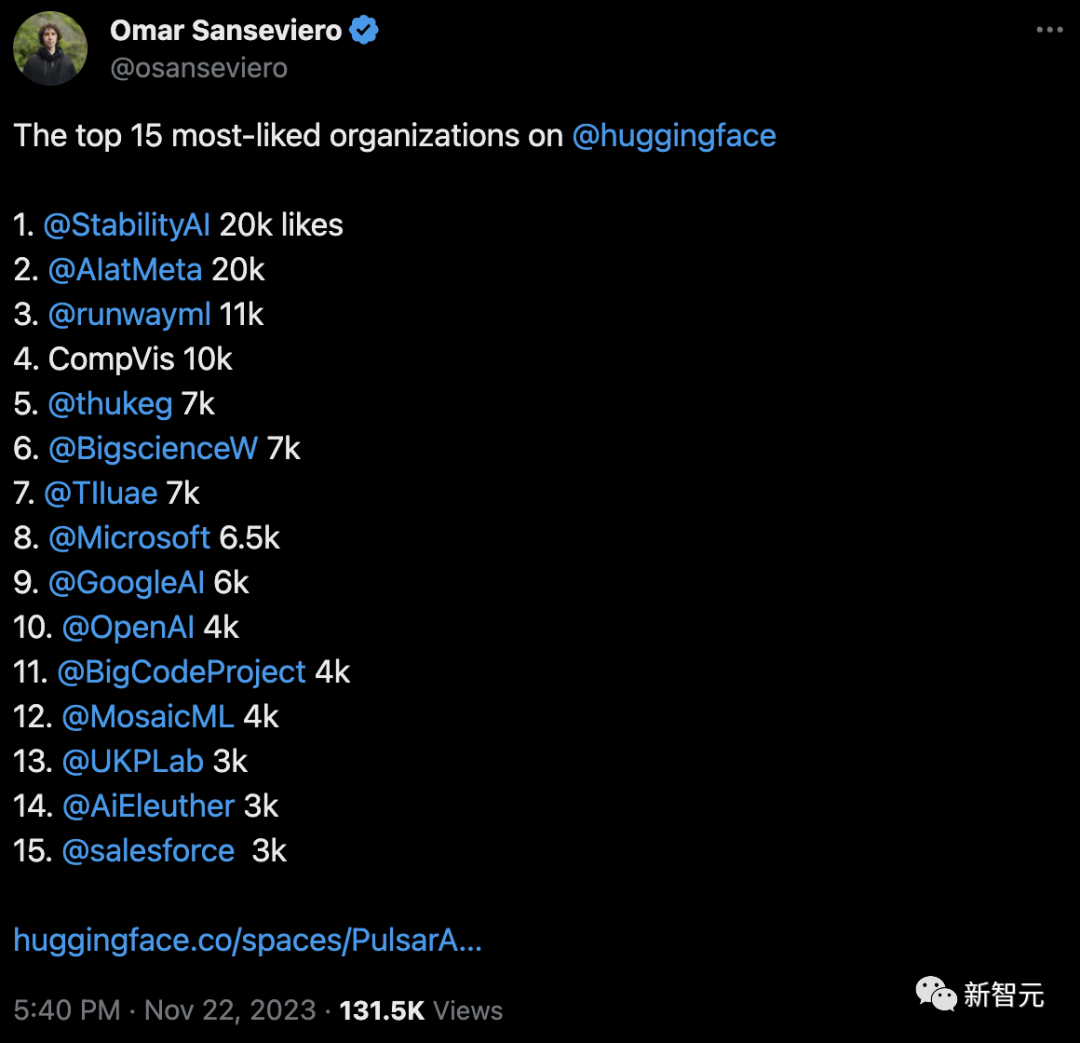
15 Most Popular Companies in the AI Open-Source Community
As of November 24, 23, the list is as follows—
1. Stability AI, 20,000 likes

In 2022, two landmark events in AI were ChatGPT and Stable Diffusion.
As an open-source image generation model, it can be said that the release of Stable Diffusion has elevated AI image generation to a whole new level, with an impact no less than OpenAI's release of ChatGPT.
Stability AI is one of the companies behind the famous Stable Diffusion, with Emad Mostaque as the CEO and co-founder.
However, there have been some negative rumors about him in the past.

In addition, Stability AI has also open-sourced its large language model—StableLM.
2. Meta AI, 20,000 likes
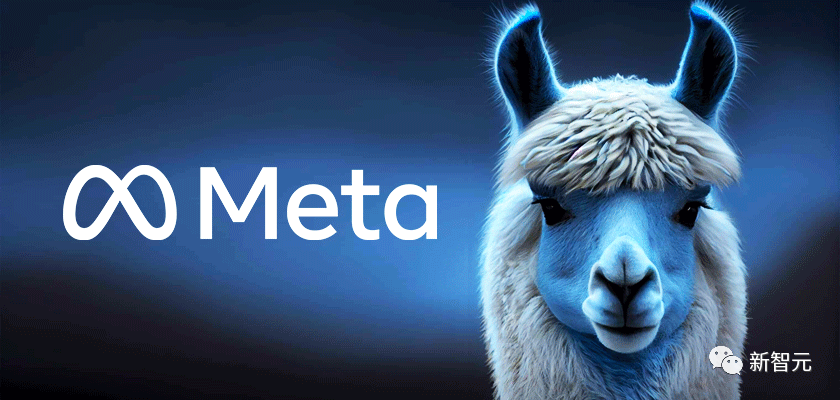
Deservedly so, the open-source pioneer of the Llama model, Meta AI, has played a crucial role in the open and closed-source models in the field of large models, not completely dominated by star startups and big tech companies like OpenAI and Google.
As a result, Mark Zuckerberg is recognized as an "open-source hero," and Yann LeCun, one of the Turing three giants, plays a pivotal role at Meta.

Although ranked second, the number of likes is not far behind the first. It can be said that Meta AI is the most popular AI company in the open-source community.
As the saying goes, "The open-source AI community shares one stone, while Meta takes eight." Without Meta and LeCun's contributions to the AI open-source community, the entire AI industry landscape would be completely different.
The future development of the entire AI industry and open-source AI to some extent relies on the continued substantial investment from LeCun and Zuckerberg, as well as their continuous advocacy.
3. Runway, 11,000 likes
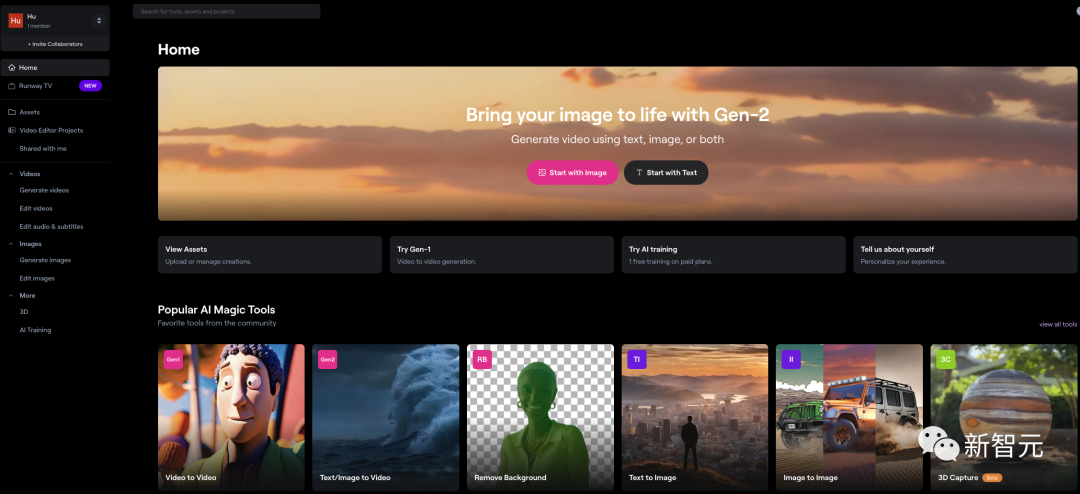
From a nobody to a $1.5 billion unicorn CEO, the story of Runway's CEO is just another "ordinary" Silicon Valley myth.
In 2018, Cris Valenzuela (CEO), Anastasis Germanidis, and Alejandro Matamala-Ortiz founded Runway in New York. In May of this year, Runway completed a $141 million Series C financing, with a valuation of $1.5 billion.

4. CompVis, 10,000 likes
Stable Diffusion is the result of collaboration between researchers from Stability AI, RunwayML, LMU Munich, EleutherAI, and LAION.
Patrick Esser of Runway and Robin Rombach of LMU Munich led this project, laying the foundation for this project in the research of the CompVis group at Heidelberg University.
At Heidelberg University, they created the widely used VQGAN and Latent Diffusion. These two models, along with the achievements of OpenAI and Google Brain, enabled Stable Diffusion to be realized.
5. Tsinghua KEG, 7,000 likes
The Tsinghua KEG Laboratory has always been a leader in domestic AI technology.
The top open-source large model in China, ChatGLM2-6B, can be said to be the Tsinghua version of ChatGPT, trained by the Tsinghua Knowledge Engineering Laboratory and Zhipu AI.
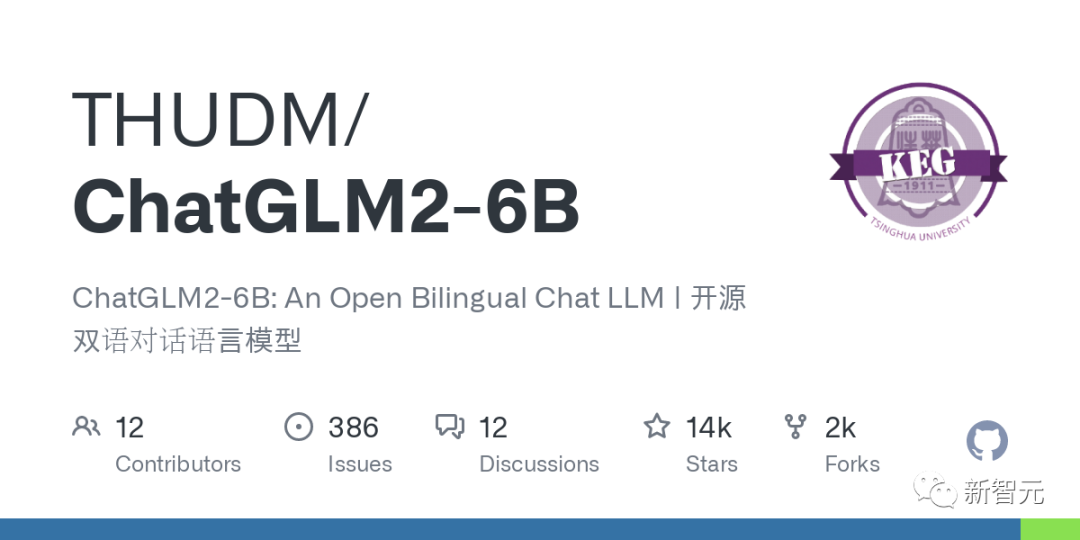
After ChatGLM2-6B was allowed for free commercial use, China's open-source large models entered a "golden age."
And the 17 people from Tsinghua directly supported the half of China's large model entrepreneurship.

6. BigScience, 7,000 likes
The BigScience Research Workshop is not a formal entity, but an open collaborative organization initiated by HuggingFace, GENCI, and IDRIS, as well as a workshop of the same name, bringing together over 1000 researchers worldwide.

BLOOM stands for BigScience Large Open-science Open-access Mul-tilingual Language Model, representing a large, open, multilingual language model for big science.
7. UAE Institute of Advanced Technology, 7,000 likes
The UAE Institute of Advanced Technology is affiliated with the Advanced Technology Research Council (ATRC) of the Abu Dhabi government, responsible for overseeing the technological research in the Emirates.

On September 6, 2023, the UAE Institute of Advanced Technology (TII) launched Falcon180B, once again breaking the boundaries of generative AI.
Falcon 180B has an astonishing 180 billion parameters and, after training with 35 trillion tokens, ranks at the top of the HuggingFace pre-training LLM leaderboard. It even outperforms competitors of the same level, including Meta's LaMA 2, in various benchmark tests, including reasoning, encoding, proficiency, and knowledge testing.

As the first influential open-source model with no commercial restrictions, Falcon, with the generosity of Middle Eastern benefactors, has completely broken down the limitations of open-source models.
It's no wonder the open-source community has a great fondness for them.
8. Microsoft, 6,500 likes
After the explosion of ChatGPT, Microsoft suddenly transformed into a "startup" and became the brightest star among the Silicon Valley giants this year.
Microsoft quickly followed suit, using large model capabilities to transform Bing, working overtime to launch Copilot, and integrating them into their flagship products Office and Windows, showcasing the "wolf-like" nature of this nearly 50-year-old tech giant in the tech industry.
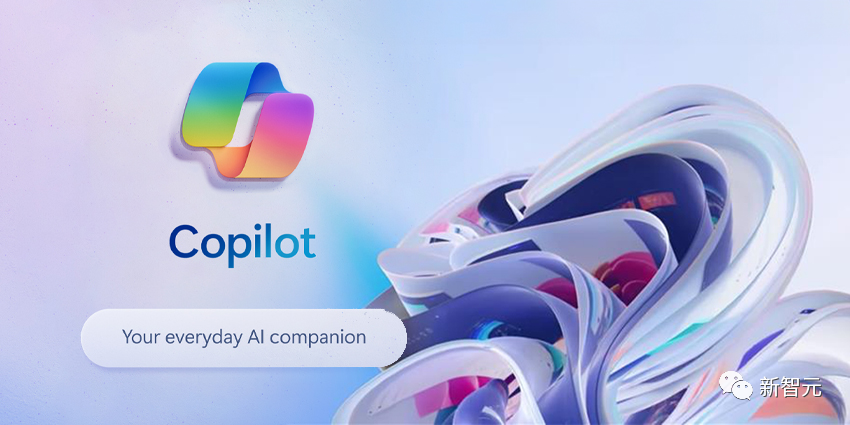
On the other hand, Microsoft Azure, as a leading player in the cloud computing industry, seamlessly entered the fast lane of AI computing demand.
Their collaboration with Meta to provide strong support for open-source models like Llama 2 further boosted their favorability and presence in the open-source community.
In the recent "OpenAI Zero-Cost Purchase" series, Microsoft almost became the "ultimate oligopoly" in the AI race.
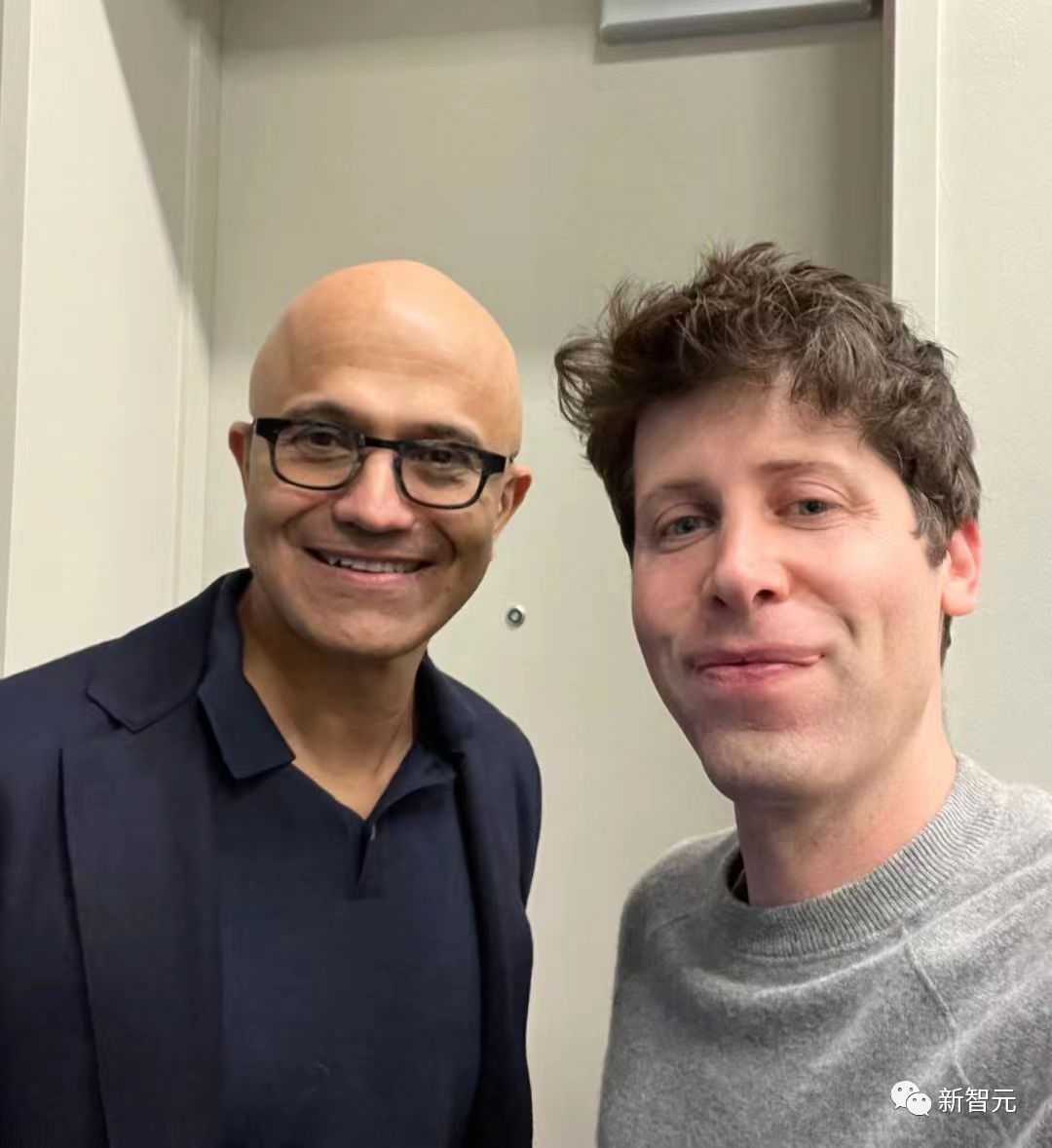
9. Google AI, 6,000 likes
As the earliest and largest investor in AI technology, Google's influence in the AI community is undeniable.
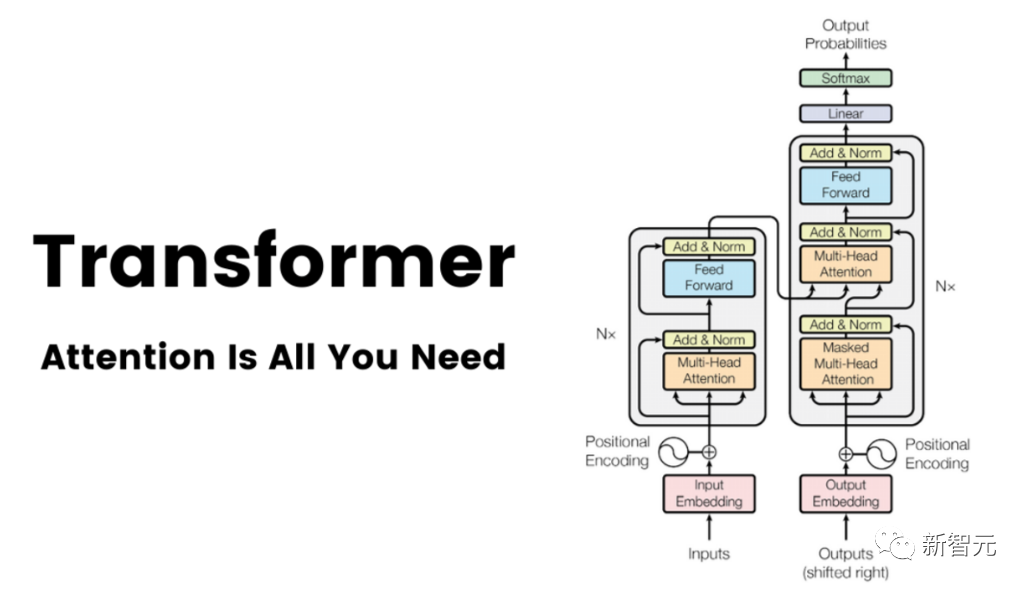
From basic AI research to AI products, Google has AI running through its veins from head to toe.
DeepMind continues to achieve remarkable breakthroughs in the field of strong artificial intelligence, and Google Cloud, as an AI computing provider, is a crucial part of the foundational design and construction of the AI industry.
Although Google's Bard and Palm large models currently do not have an advantage in competition, the legendary Gemini seems destined to bring Google back to the center stage of the AI industry.

Google's contributions to the development of the open-source community are equally invaluable, with countless open-source projects becoming the cornerstone of the AI open-source community.
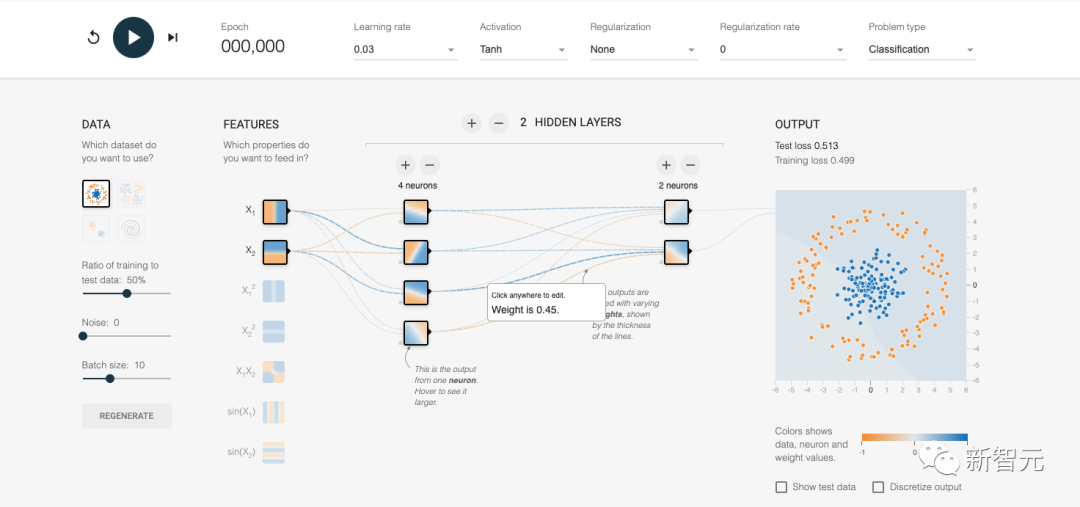
10. OpenAI, 4000 likes
As the direct leader of the AI industry's explosive growth this year, OpenAI's position is unquestionable.
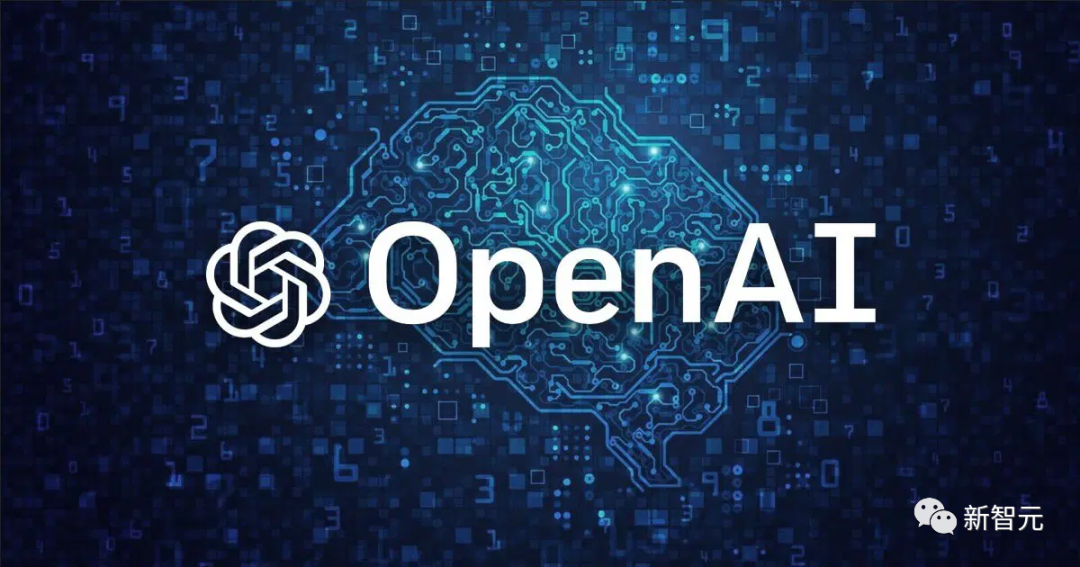
Although often teased as "ClosedAI," OpenAI's contributions to the AI open-source community are also widely recognized.
Whisper, an open-source and top-performing speech recognition model, benefits almost all related professionals.
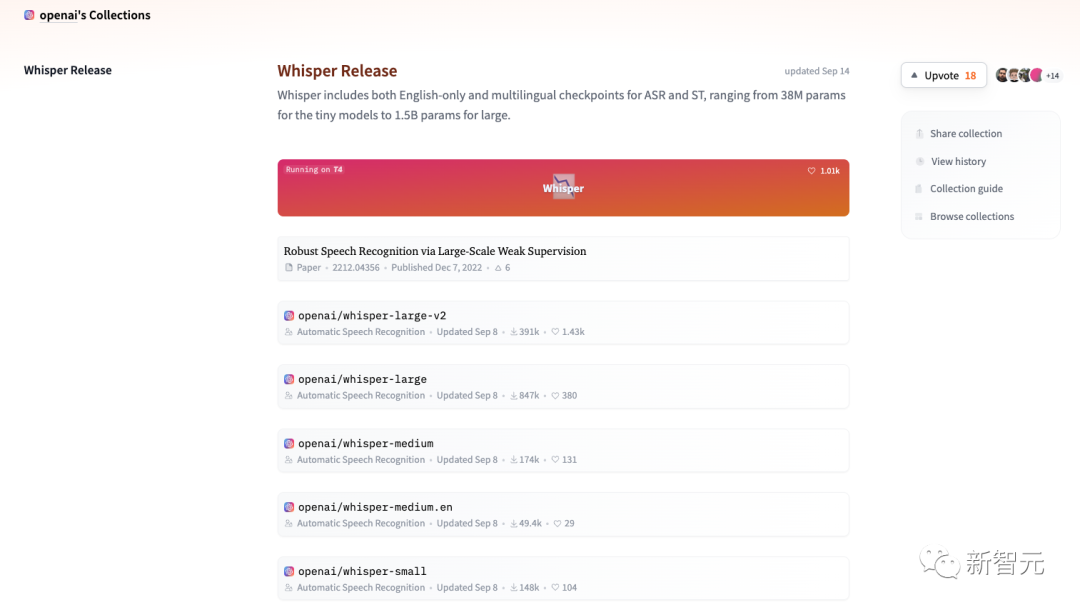
Hopefully, after the recent "Game of Thrones," OpenAI can continue to aim for AGI and push the boundaries for the entire AI industry.
11. BigCode Project, 4,000 likes
BigCode is an open scientific collaboration organization dedicated to responsible LLM training for coding applications.
Their main work includes:
StarCoder, an advanced code language model.
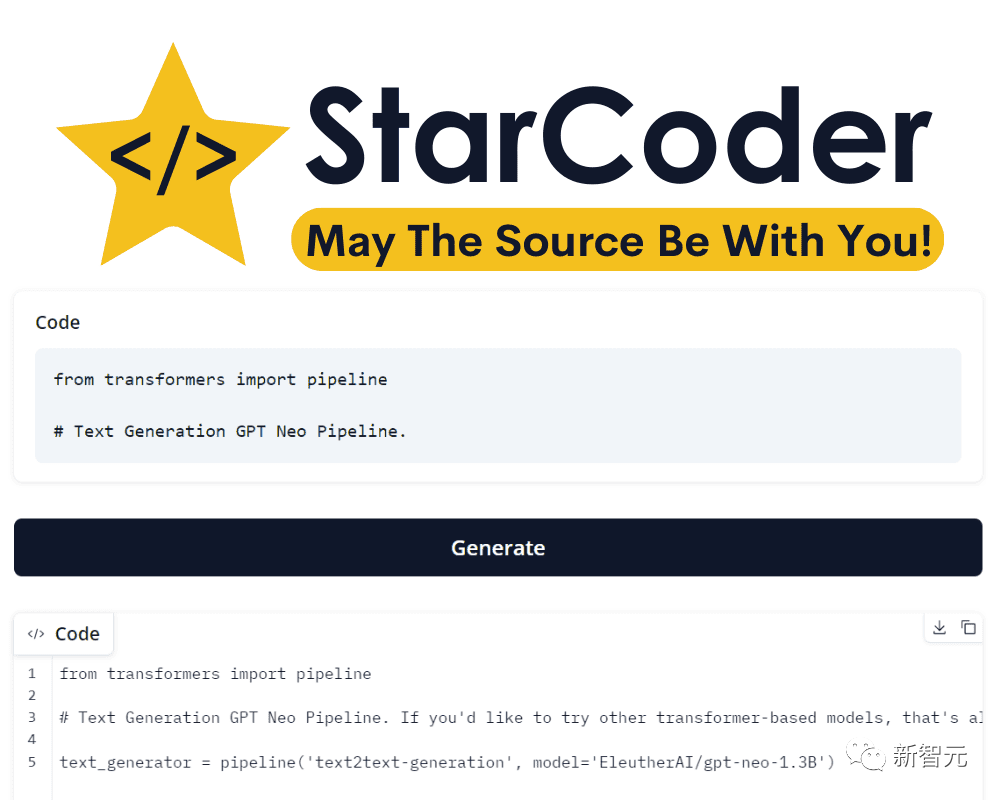
StarCoder in the BigCode project is a 160 billion parameter model that uses over 80 programming languages, GitHub issues, Git commits, and a trillion tokens from Jupyter notebooks.
StarCoder can be fine-tuned through chat to create a personalized coding assistant, StarChat.
Additionally, there's OctoPack for tuning large code model instructions, The Stack, the largest available pre-training dataset with peripheral code, and SantaCoder, a 1.1B parameter code model.
12. MosaicML, 4000 likes
The unicorn MosaicML, which was acquired by DataBrick for $1.3 billion in June this year, is very eye-catching.
Since then, the combination of MosaicML's generative AI platform and Databricks' data management capabilities will be a win-win.
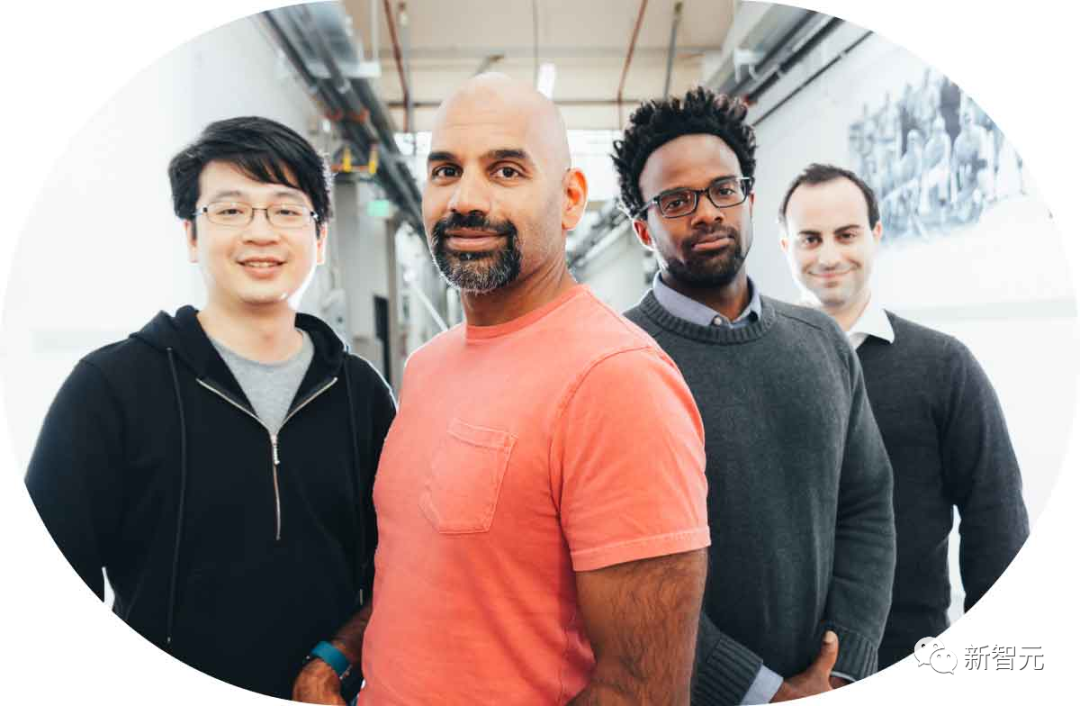
The company was founded in 2021 and has only 62 employees.
Co-founder Naveen Rao founded the first company, Nervana Systems, which was acquired by Intel. Another co-founder, Hanlin Tan, is a serial entrepreneur who has founded a cloud computing company and held positions at Google, Microsoft, and Intel.
MosaicML provides some open-source, commercially available LLMs, such as the MPT model.
The MPT-7B and MPT-30B models are currently among the most advanced open-source, commercially available LLMs.
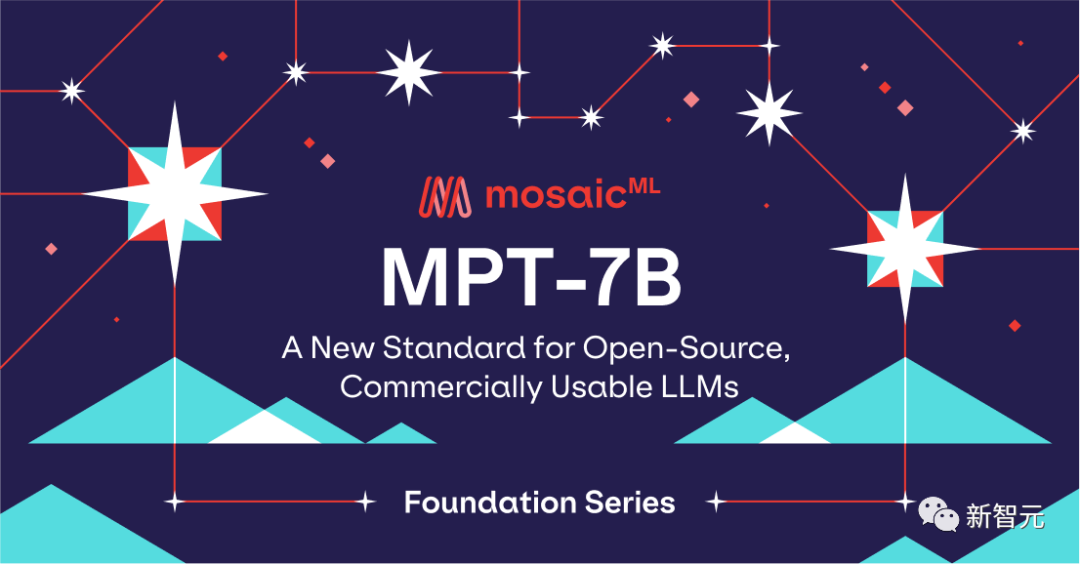
13. UKP Lab, 3000 likes
The Ubiquitous Knowledge Processing Lab (UKP Lab), founded by Professor Iryna Gurevych in 2009, is part of the Department of Computer Science at the Technical University of Darmstadt.

UKP Lab conducts cutting-edge research in natural language processing (NLP), focusing on large language models, conversational AI, question answering, cross-document NLP, and novel dataset and problem definitions.
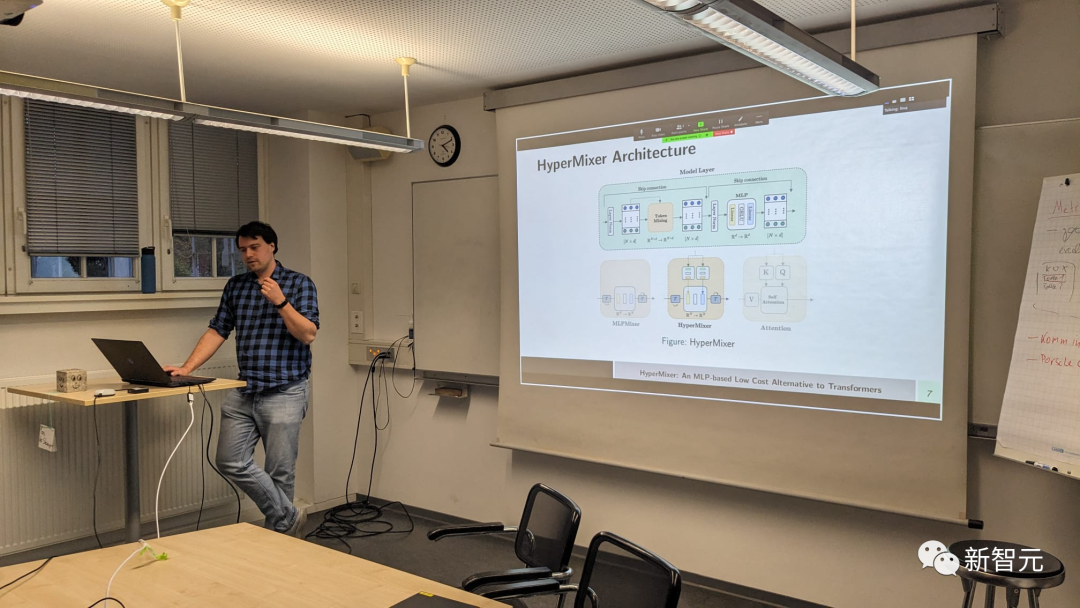
14. EleutherAI, 3000 likes
EleutherAI was founded in July 2020 by Connor Leahy, Sid Black, and Leo Gao, evolving from a Discord server discussing GPT-3 to a non-profit research organization focused on large-scale artificial intelligence research.

Now, it is an open-source community AI project aimed at creating a fully decentralized, autonomous civilization singleton artificial intelligence. Anyone with internet access and a GitHub account can participate.
In 2021, EleutherAI released The Pile, an 825GB diverse text dataset.
In June 2021, EleutherAI unveiled GPT-J, a 60 billion parameter model trained on Pile. At the time of release, it was the world's largest publicly available GPT-3-style language model.
With the emergence of GPT-NeoX, EleutherAI plans to increase the parameters to 175 billion, launching a challenge for the largest GPT-3 model.
In April 2023, it released the Pythia series of large models.
15. Salesforce, 3000 likes
Salesforce, founded in March 1999, is a customer relationship management (CRM) software service provider headquartered in San Francisco, USA, offering on-demand CRM platforms.
The founder is Marc Benioff. At the age of 27, he became the youngest senior vice president in Oracle's history.

It was his foresight that there would be an increasing number of businesses receiving software services over the internet that led him to leave Oracle and establish Salesforce at the age of 37.
He introduced the concept of cloud computing and SaaS, earning him the nickname "The End of Software."
Currently, Salesforce is launching AI features, attempting to integrate artificial intelligence into office space instant messaging applications like Slack, and has introduced a generative artificial intelligence product called Einstein GPT for salespeople.

Benioff stated, "We are very eager to ensure that Salesforce becomes the number one AI CRM."
Reference: Twitter
免责声明:本文章仅代表作者个人观点,不代表本平台的立场和观点。本文章仅供信息分享,不构成对任何人的任何投资建议。用户与作者之间的任何争议,与本平台无关。如网页中刊载的文章或图片涉及侵权,请提供相关的权利证明和身份证明发送邮件到support@aicoin.com,本平台相关工作人员将会进行核查。




